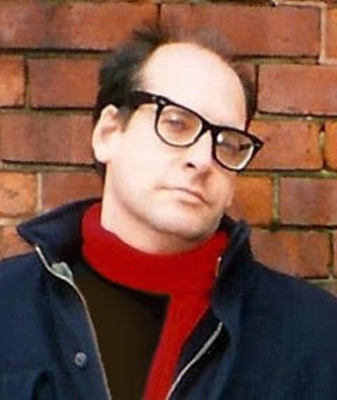
Keith Dunlap
Poetry
Keith Dunlap’s first collection of poems, Storyland, was published in June 2016 by Hip Pocket Press. His work has appeared in Borderlands: Texas Poetry Review, The Brooklyn Review, The Carolina Quarterly, The Georgetown Review, Jabberwock Review, Poet Lore, Sou’wester, and The Tule Review among other places. He lives in Portland, Maine.
Motorboat Motorboat
but only hear the sizzling drum
of its gas-fired engine
ricocheting off the top of every tree-shagged mountain
that shoulders this ancient glacial pond.
It declaims a music of the older sort:
flat benches strewn with stale cushions
and the rot of algae, dust, and motor oil;
a few desultory teenagers spilled around
its cavity like prisoners ferried
from town to town for unessential punitive tasks;
one letting his fingers scrape the corrugated glass
of the lake; another shouting a story,
which no one else can quite comprehend,
about how once he almost drowned
when his feet got tangled in a towline.
The others do not care that his words are mutilated
in the noisy air. They are content to be barely clothed
inside a motorboat as it bounces along,
like a skipping stone chucked toward its inevitable
who knows where.
“ As with most of my poems, ‘Motorboat Motorboat’ seems straightforward but is about something other than the surface narrative. It is the first poem I wrote after having my first collection of poetry accepted for publication. Once it was finished, I realized how self-reflective it was: It is a poem about poetry, specifically my poetry. ‘You cannot see the craft [of the poem],/but only hear the sound [of the poem] . . .’ I think craft should be nearly invisible in poetry. Sound (rhyme, meter, etc.) should move the reader through the poem without the discomfort of formality. As far as subject matter goes, there is a brand of fatalism to the poem, one which suffuses a lot of my work. Poetry, in this view, is a garbled, ignored voice, struggling to be heard over the ‘gas-fired’ engine of industry, crying out in the ‘wilderness’ of life, harmless, hopeful, yet ultimately doomed, like skipping a stone, but magical for the time it lasts. ”
